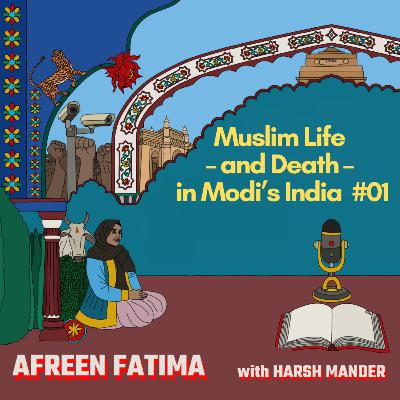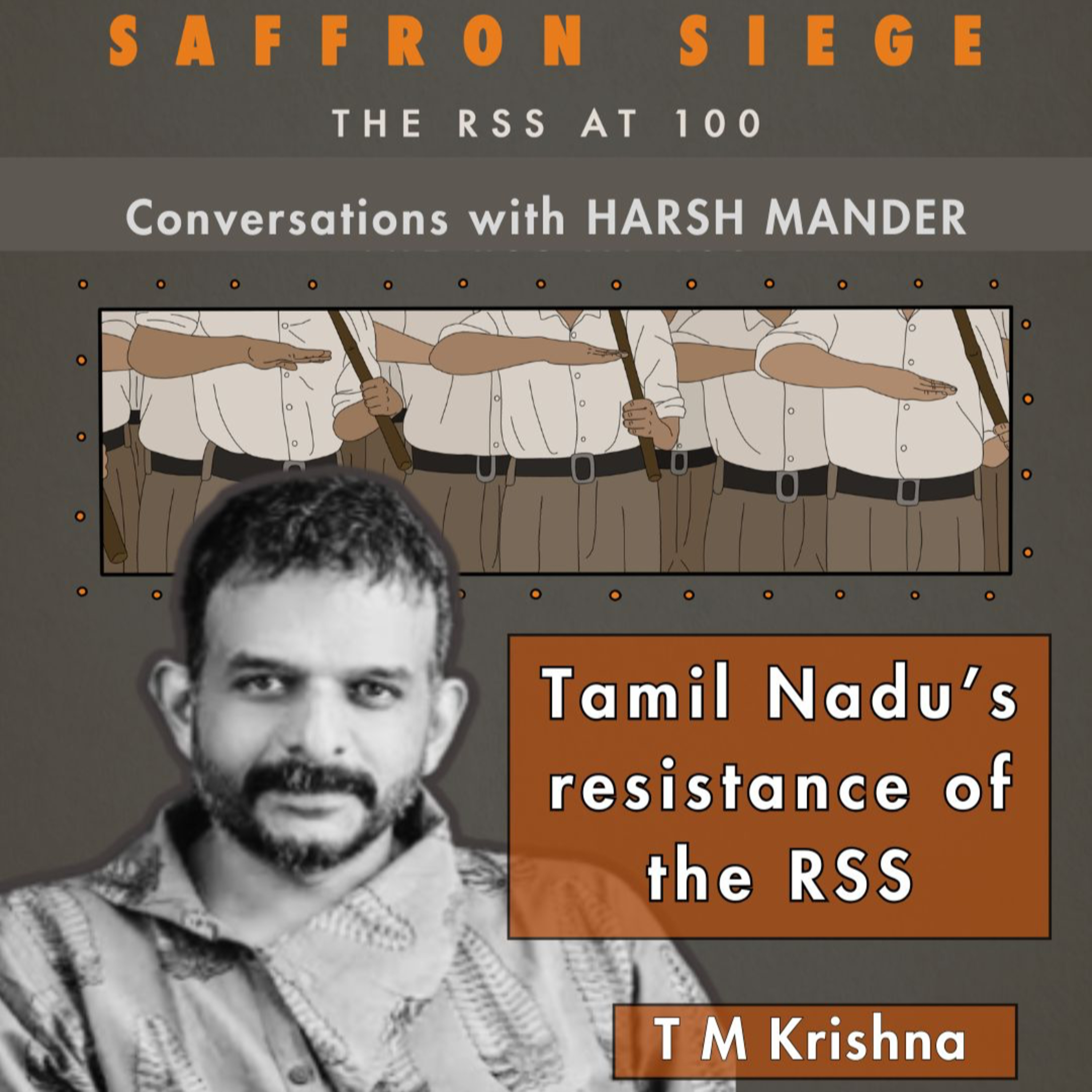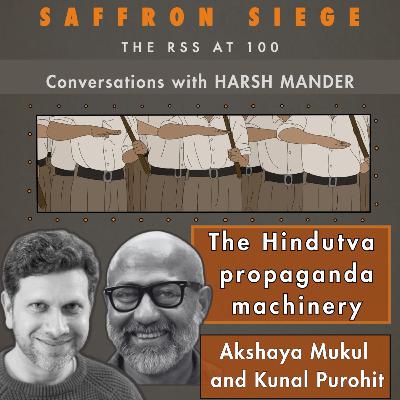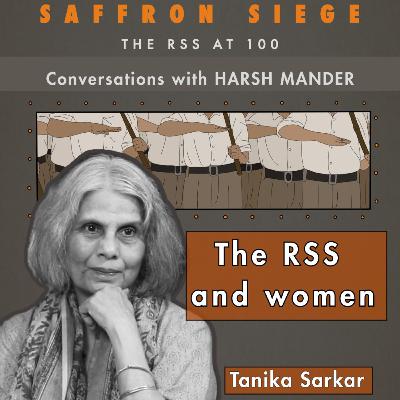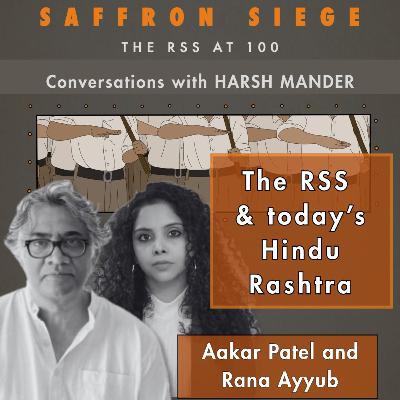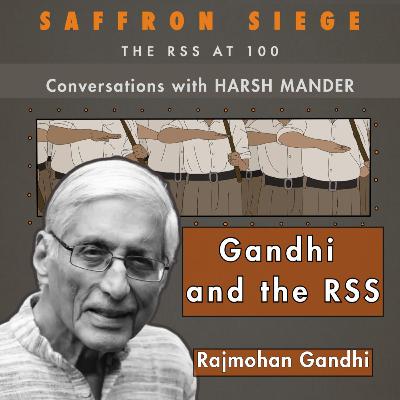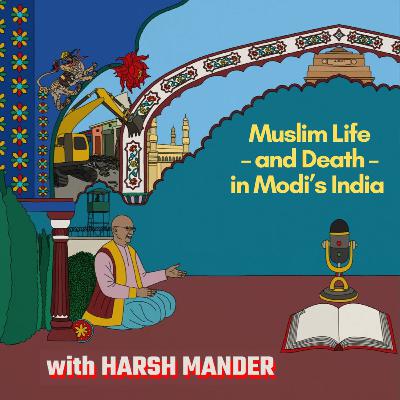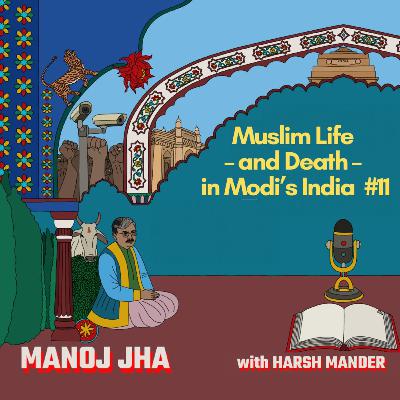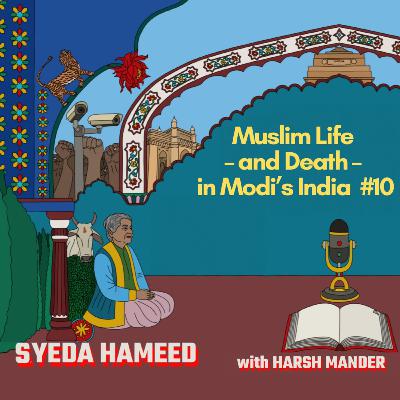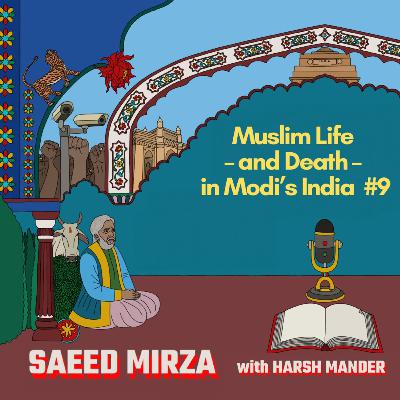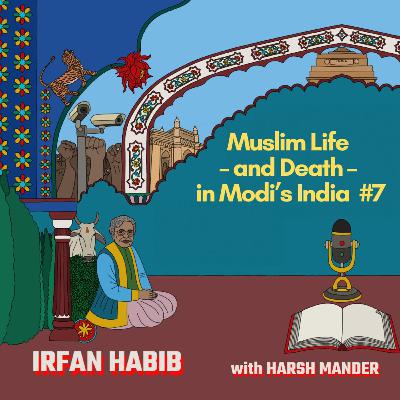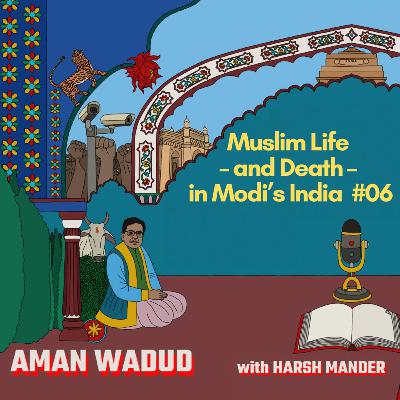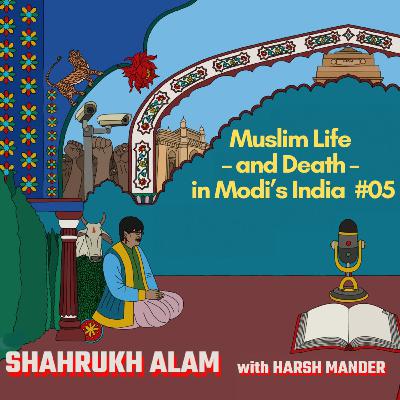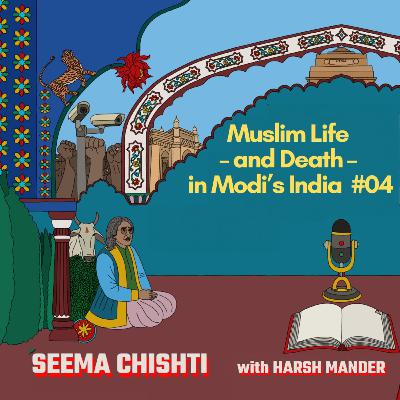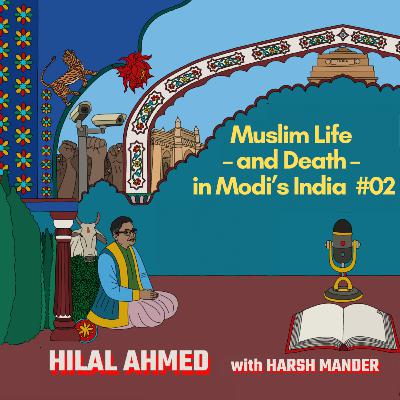Afreen Fatima & Harsh Mander: Bulldozers, the hijab and Muslim rage in Modi’s India
Description
In this episode, the researcher and activist Afreen Fatima speaks to Harsh Mander about what it means to be Muslim in India today. Afreen experienced first-hand punitive demolitions by the state. In June 2022, authorities in Prayagraj, formerly called Allahabad, bulldozed her house, on the pretext that her father had orchestrated protests against anti-Islamic comments made by members of the India’s ruling right-wing Bharatiya Janata Party.
Afreen speaks about the loss of her home, the anguish when her father was arrested for 22 months and the risks that Muslims take everyday when they leave their houses facing attacks, lynchings and more. Afreen talks about the lack of true solidarity with Muslims even in liberal circles borne of an inability to listen to Muslim voices and the expectation of those voices: “It should always be very docile. It should not be furious. It should not be angry,” she says. While Muslims bear the burden of always having to prove their nationalism and secularism, there is no respect from others for their faith, she says.
Catch the full episode on YouTube, Spotify and Apple podcasts.
Episode notes
Glossary of terms:
BJP: Bharatiya Janata Party, the ruling party in India headed by Narendra Modi known for its right-wing bent and anti-Muslim policies and rhetoric
RSS: Rashtriya Swayamsevak Sangh, the BJP’s ideological and organisational parent that has espoused remoulding India as a Hindu nation.
Mulakat: meeting
CAA: Citizenship Amendment Act
Enacted in 2019, the law removed barriers to citizenship for non-Muslim minorities from countries neighboring India but excluded several persecuted groups like Rohingyas and Sri Lankan Tamils. When combined with the National Register of Citizens and Foreigners Tribunals, it poses a significant threats to many of India’s Muslims who can be rendered stateless. In 2019 and early 2020, there were massive countrywide protests against the act and episodes of violence against the protesters. The anti-CAA movement died down after Covid lockdowns and restrictions were enforced.
JNU deprivation points:
The Jawaharlal Nehru University in Delhi has a system of adding marks to the entrance test score of a student from a disadvantaged background based on certain criteria.
La ilaha illallah:
The first kalima and a basic tenet of Islam that means “there is no god but Allah.” Anti-CAA protestors used it as a slogan of defiance against a law that was discriminating against Muslims in particular.
Himal Southasian is Southasia’s first and only regional news and analysis magazine. Stretching from Afghanistan to Burma, from Tibet to the Maldives, this region of more than 1.4 billion people shares great swathes of interlocking geography, culture and history. Yet today neighbouring countries can barely talk to one another, much less speak in a common voice. For three decades, Himal Southasian has strived to define, nurture, and amplify that voice.
Read more: https://www.himalmag.com/
Support our independent journalism and become a Patron of Himal: https://www.himalmag.com/support-himal
Find us on:
https://twitter.com/Himalistan
https://www.facebook.com/himal.southasian
https://www.instagram.com/himalistan/

